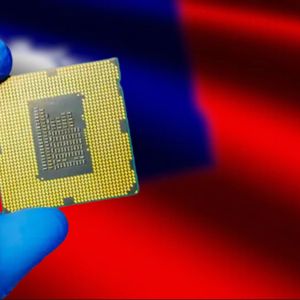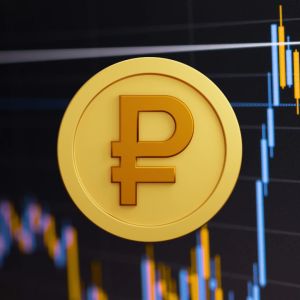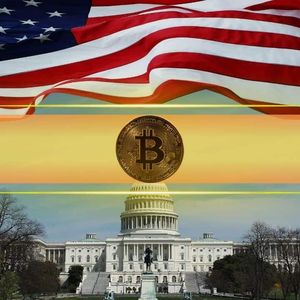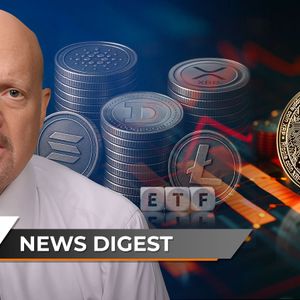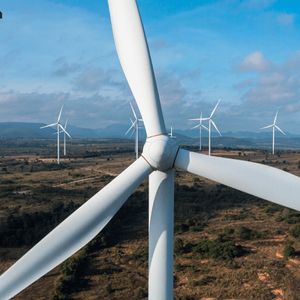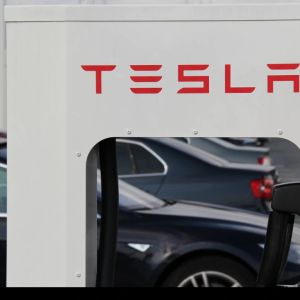The United States has increased pressure on Taiwan to relocate a portion of its semiconductor production to the country. Howard Lutnick said that Taiwan must help America produce up to half of the chips required for domestic use. The U.S. cited geopolitical threats and supply chain vulnerabilities as it pushed for a reduction in its reliance on Taiwan Semiconductor Manufacturing Company (TSMC). Lutnick argued during an interview with NewsNation that moving a substantial capacity of semiconductor production into the U.S. is necessary to counter the risk of Chinese aggression towards Taiwan. America eyes 50% global chip share as domestic output lags below 10% Howard Lutnick emphasized during his interview that Taiwan should let the U.S. produce 50% of chip-making and wafers for local consumption. Lutnick went further, suggesting that Taiwan’s cooperation would be directly tied to U.S. defense support. He pointed out a question: How will the U.S. protect it if Taiwan has 95% of the global semiconductor supply? Washington is encouraging domestic chipmaking through subsidies, investment agreements, and regulatory pressures. In March, Trump announced a deal with TSMC for a $100 billion U.S. investment in fabrication plants, packaging facilities, and R&D centers, building on the earlier $65 billion pledge. TSMC has committed around $165 billion to the U.S operations so far. The Trump administration is also considering additional trade measures, such as steep tariffs and a possible 1:1 production mandate, which would require companies to manufacture as many chips in the U.S. as they import. The escalation could help reshore advanced semiconductor manufacturing into the country. The U.S. currently produces less than 10% of the world’s chips and an even smaller proportion of the most advanced logic devices. To reach atleast 40% of the global supply, Lutnick estimated that an investment of roughly $500 billion is required. Bloomberg’s report highlighted that moving production to the U.S. would be costly, time-consuming, and disruptive due to the complex nature of semiconductor industrial processes, which rely on specialty components and materials from specialized firms. Karen Kuo, a spokesperson for the Presidential Office, noted in March that TSMC will not transfer its most advanced chip manufacturing to foreign facilities, citing the government’s N-1 policy, which requires overseas fabs to remain at least one generation behind domestic plants. TSMC stock is down 1.5% today following Lutnick’s remarks Taiwan also amended the Industrial Innovation bill in April to impose fines of up to NT$10 million ($310,000) for unauthorized foreign investments. The amendment allowed the government to block projects deemed risky to national security and economic stability. Meanwhile, TSMC has been expanding its presence in the U.S., with operations in Arizona for its four-nanometer fab and a three-nanometer fab facility expected to launch in 2028. It also plans to launch a two-nanometer fab by 2029. The firm operates design centers in Texas, California, and Washington. TSMC stock is down 1.5% today, trading at $ 1,300 from a previous close of $ 1,320. However, the stock’s YTD performance of up 22.07% shows that it maintained strong investor confidence in the semiconductor business. The COVID-19 pandemic highlighted the risks of concentrated chip production, which can disrupt industries ranging from automotive to AI and defense due to supply chain disruptions. Lutnick emphasized that reducing overdependence on Taiwan is essential to prevent similar vulnerabilities in the future. Despite resistance from Taiwan, Lutnick revealed that it will come as a shock to everybody how successful the U.S. is. As of now, it remains uncertain if Washington will be able to pull off the plan. Get $50 free to trade crypto when you sign up to Bybit now
